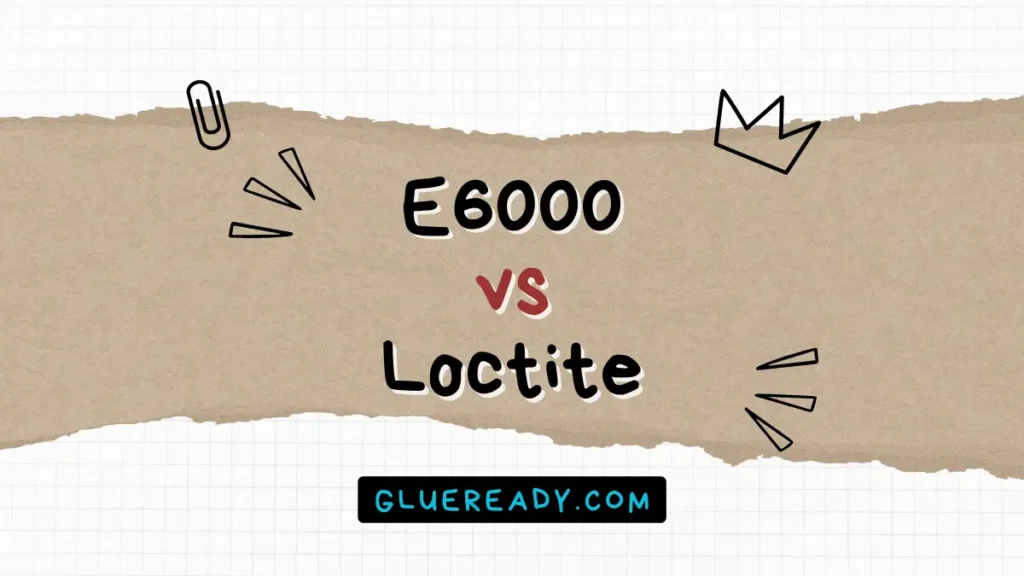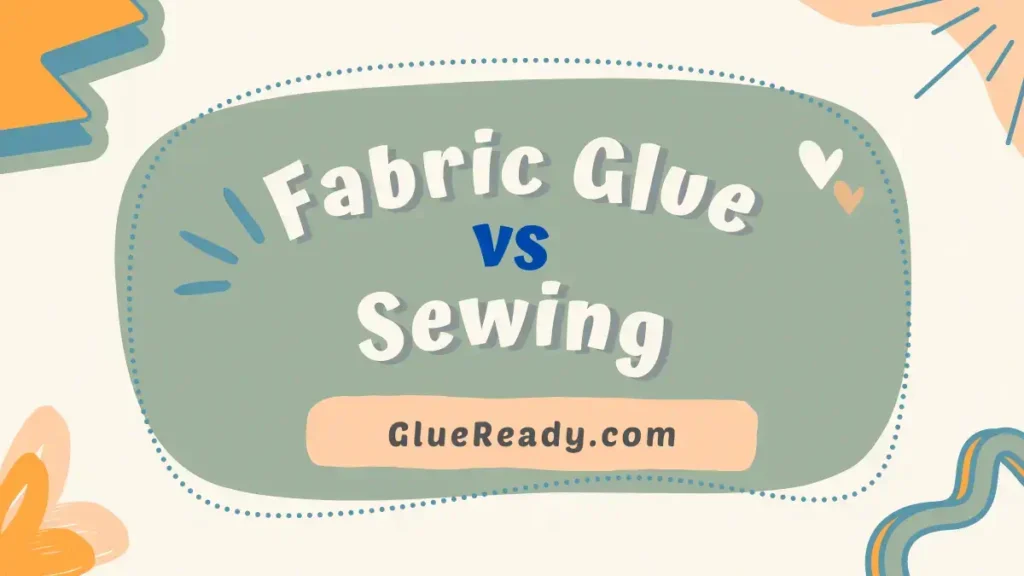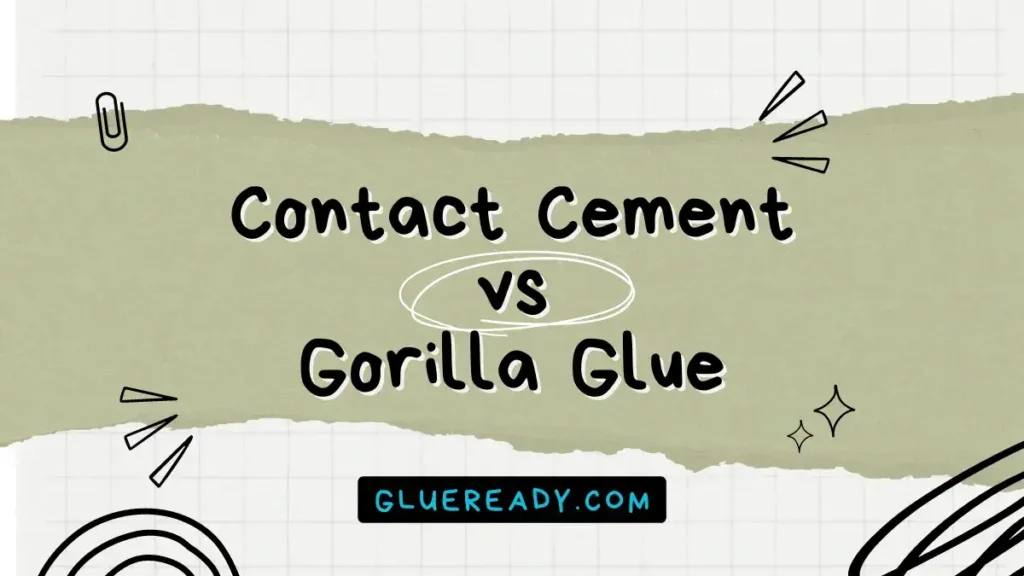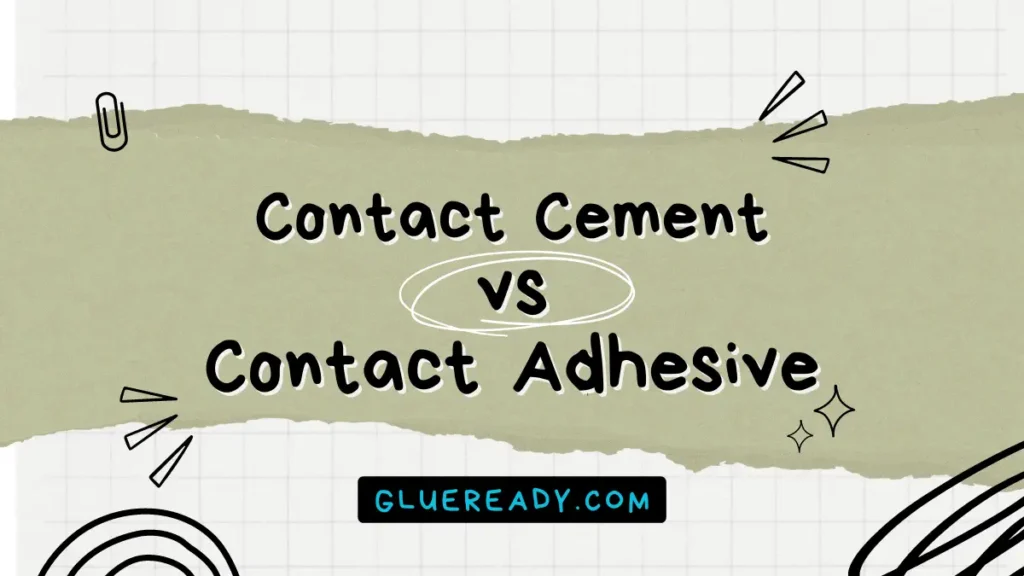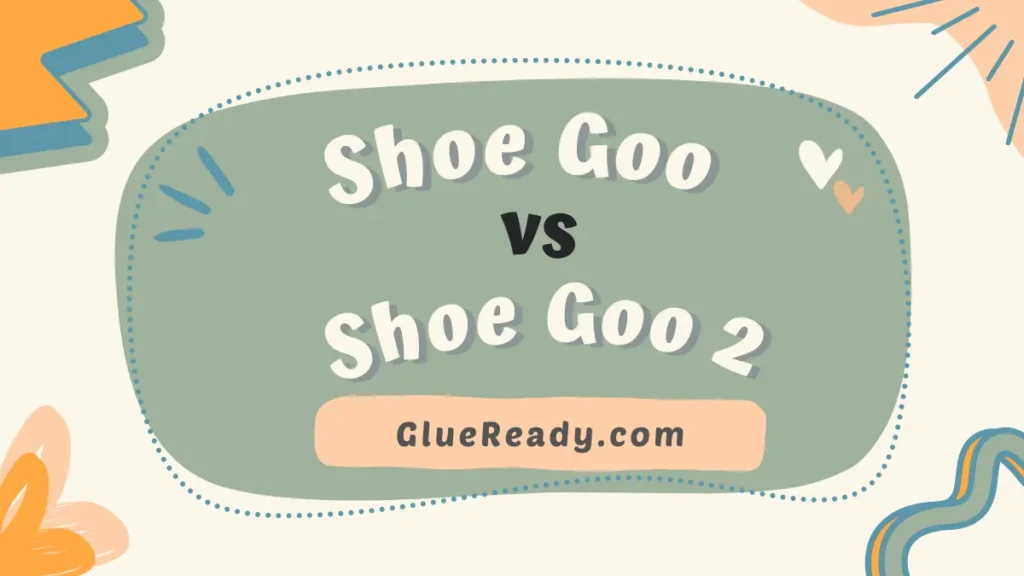Masonry Cement vs Mortar Cement

If you are planning to do some masonry work, you may wonder what kind of cement you should use.
Among the many types of cement, masonry cement and mortar cement are two of the most common.
Both of them are used to make mortar, which is the paste that holds bricks, blocks, and stones together. However, they have different properties and applications.
In this article, I will explain the differences between masonry cement vs mortar cement, and help you choose the right one for your project.
Read More: Masonry Cement vs Portland Cement
Overview of Masonry Cement
Masonry cement is a blend of Portland cement, hydrated lime, and other additives. It is designed to provide excellent workability and bond strength, making it suitable for various masonry applications.
The addition of hydrated lime helps improve the workability, water retention, and durability of the mortar.
Masonry cement is typically used to create mortar for laying bricks, blocks, and stones, as well as for plastering and stucco applications.

Overview of Mortar Cement
Mortar cement is a type of blended cement that combines Portland cement with a higher amount of hydrated lime and other performance-enhancing additives.
The increased lime content in mortar cement provides better workability, bond strength, and water retention.
Mortar cement is particularly well-suited for masonry applications where a higher level of workability and bond strength is desired.
It is commonly used for laying bricks, blocks, and stones, as well as for other types of masonry work like tuckpointing and repairing existing masonry structures.

Masonry Cement vs Mortar Cement Comparison Table
| Feature | Masonry Cement | Mortar Cement |
| Type of Cement | Portland Cement | Masonry Cement |
| Lime Content | More Lime | Less Lime |
| Texture | Finer Texture | Coarser Texture |
| Stickiness | More Sticky | Less Sticky |
| Water Retention | At least 75% | At least 85% |
| Bond Strength | Lower than mortar cement | Higher than masonry cement |
| Durability | Lower than mortar cement | Higher than masonry cement |
| Application | Interior and above-grade walls, non-load-bearing walls, veneers, low-absorption units | Exterior and below-grade walls, load-bearing walls, high-absorption units |
Detailed Comparison Between Masonry Cement and Mortar Cement
Actually, masonry cement and mortar cement differ in different ways. Here, I will discuss some of their differences:
Composition
Masonry cement contains a mixture of Portland cement, hydrated lime, and additives.
Mortar cement also contains Portland cement but has a higher lime content, often resulting in improved workability and bond strength.
Applications
Both masonry cement and mortar cement are used for masonry applications, including bricklaying, blocklaying, and stonework.
However, mortar cement is generally preferred for applications where higher bond strength and workability are needed.
Workability
Mortar cement tends to have better workability due to its higher lime content. This makes it easier to spread and work with during construction.
Strength
While both types of cement provide sufficient strength for typical masonry applications, mortar cement might offer slightly better bond strength due to its higher lime content.
Water Retention
Mortar cement’s higher lime content enhances its water retention properties, allowing for longer work times without the mortar drying out too quickly.
Durability
The additional lime in both masonry cement and mortar cement can contribute to increased durability by reducing the potential for cracking and improving the material’s ability to handle movement.
How to Choose Between Masonry Cement and Mortar Cement?
The choice between masonry cement and mortar cement depends on several factors, such as:
The type of masonry unit
Masonry units with high absorption rates (such as concrete blocks) require more water in the mortar mix, which can reduce the bond strength. Therefore, mortar cement is recommended for these units.
Masonry units with low absorption rates (such as clay bricks) can be laid with either masonry cement or mortar cement.
The location of the wall
Walls that are exposed to harsh weather conditions (such as rain, snow, wind, etc.) need more durable and resistant mortar. Therefore, mortar cement is preferred for these walls.
Walls that are protected from the elements (such as interior walls) can be built with either masonry cement or mortar cement.
The expected load
Walls that support heavy loads (such as structural walls) need stronger mortar. Therefore, mortar cement is advised for these walls.
Walls that do not bear much weight (such as decorative walls) can be constructed with either masonry cement or mortar cement.
Frequently Asked Questions (FAQs)
Can You Use Masonry Cement as Mortar?
Yes, you can use masonry cement as mortar, as long as you mix it with the right amount of sand and water.
Why Is Mortar Used in Masonry?
The mortar is used in masonry to join building blocks such as bricks, stones, and concrete masonry units.
It fills and seals the irregular gaps between them, spreads the weight of them evenly, and sometimes adds decorative colors or patterns to masonry walls.
Can Mortar Be Used for Plastering?
Yes, mortar can be used for plastering, but it depends on the type of mortar and the purpose of plastering.
The choice of mortar for plastering depends on factors such as the type of surface, the location of the wall or ceiling, the expected load, the desired finish, and the availability of materials.
Final Thoughts
Both mortar cement and masonry cement are used to make mortar for masonry work. However, they differ in their characteristics and uses.
Masonry cement is a type of Portland cement that has a finer texture and more lime. Making mortar is easier with it since it is more sticky.
Mortar cement is made with masonry cement and has less air content, which increases bond strength. It is more durable and resistant than masonry cement.
Generally speaking, mortar cement is recommended for high-absorption units, exterior walls, and load-bearing walls. Masonry cement can be used for low-absorption units, interior walls, and non-load-bearing walls.
I hope this comparison between masonry cement vs mortar cement was helpful to you.

